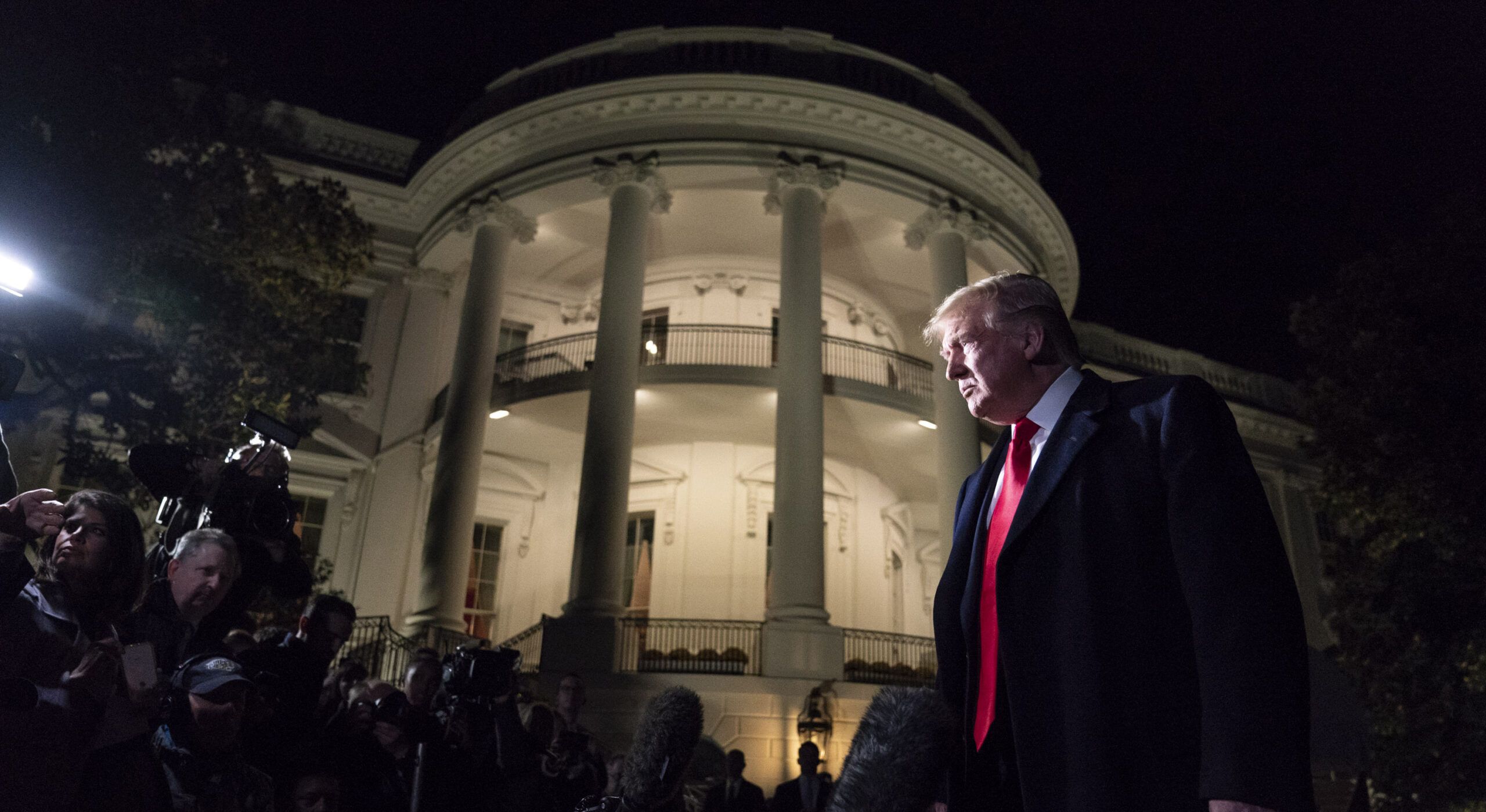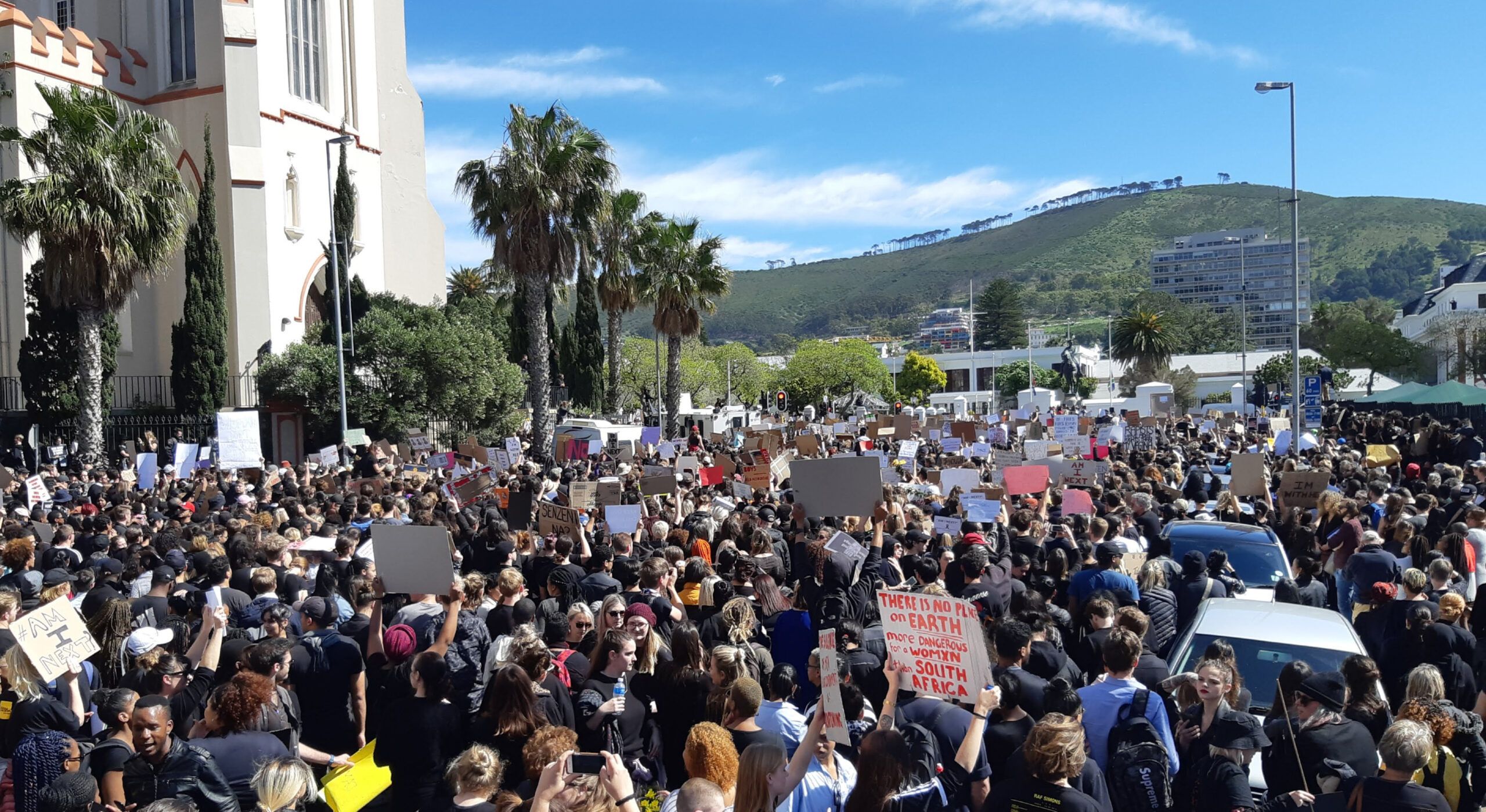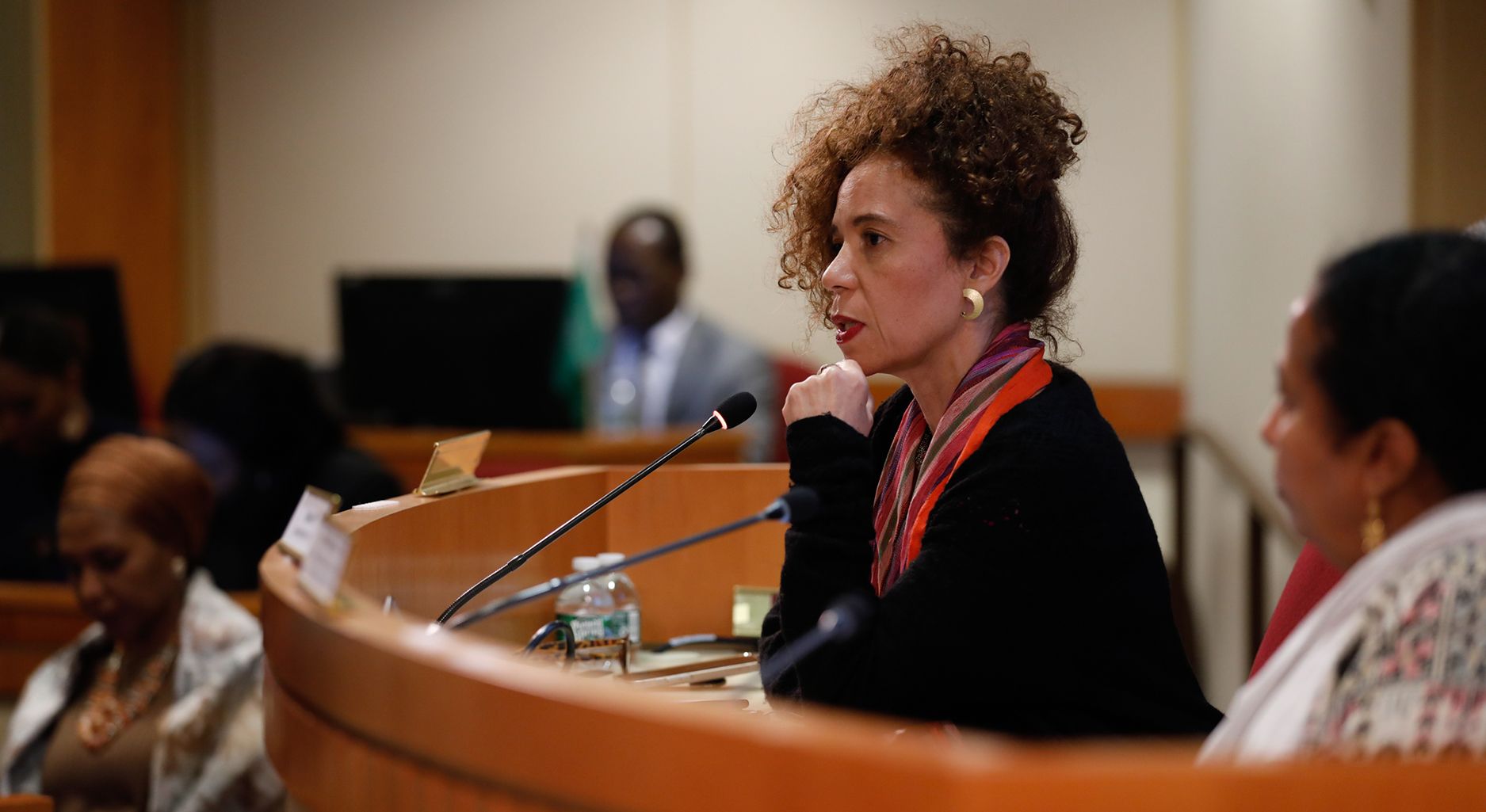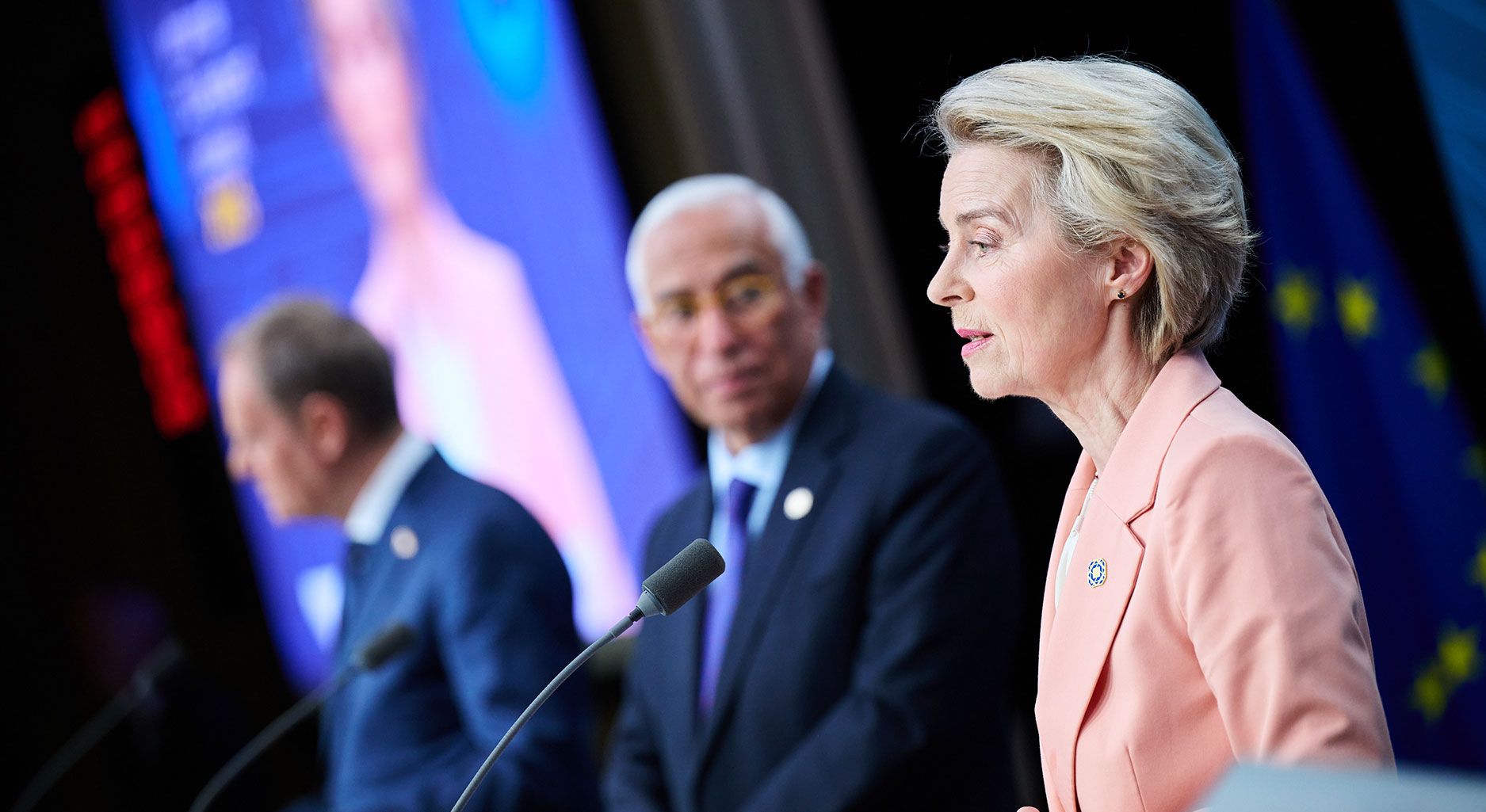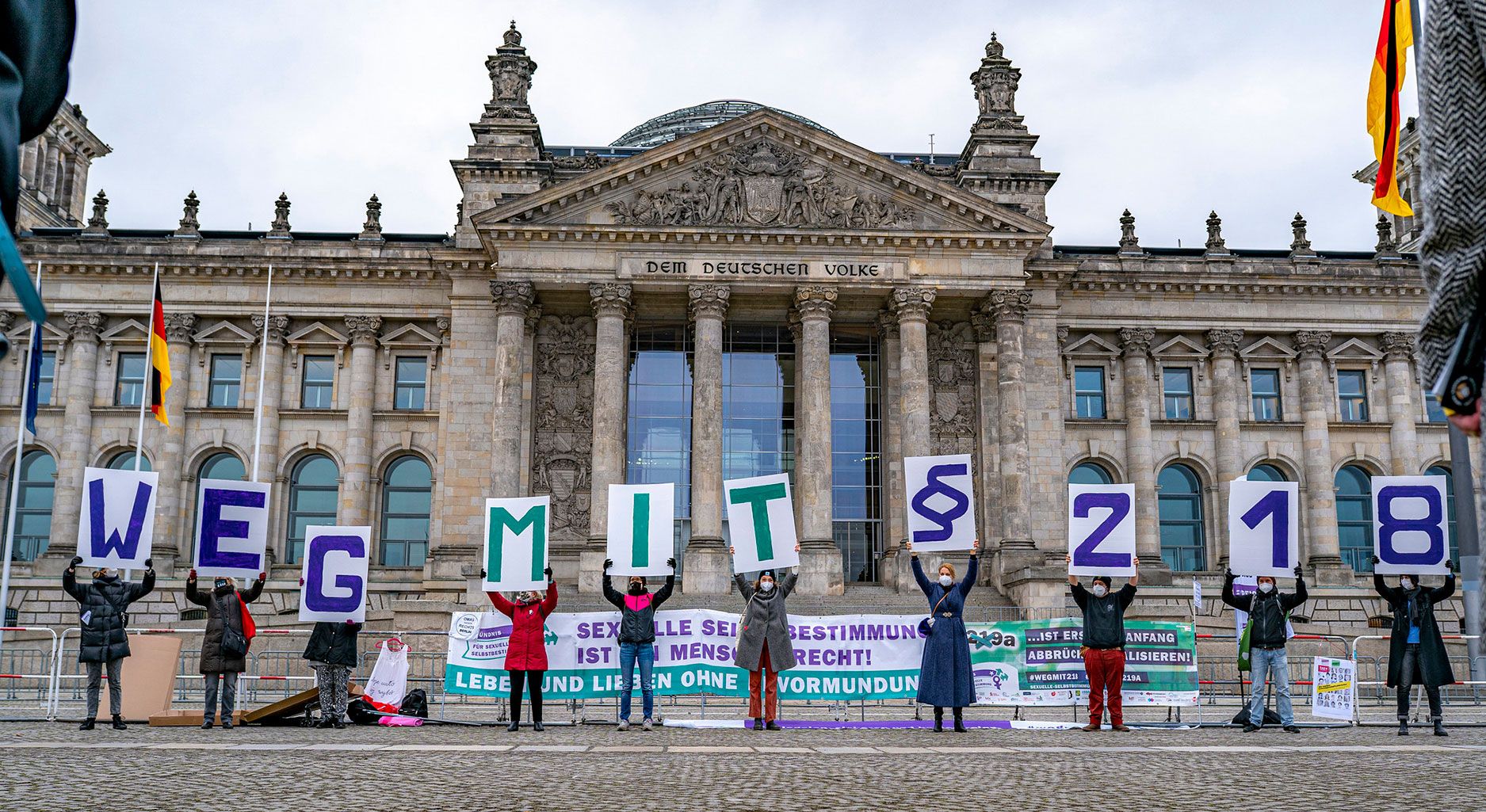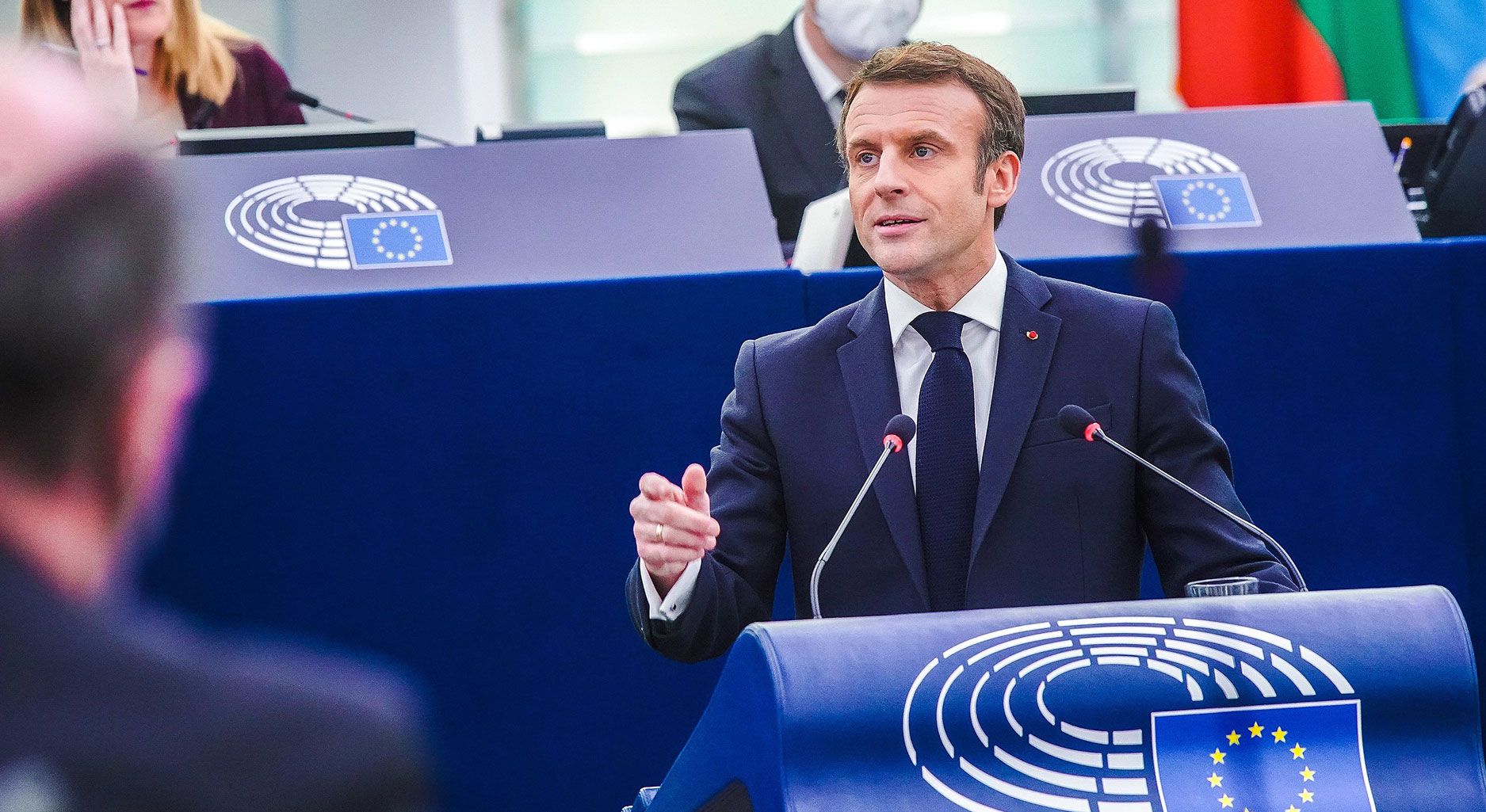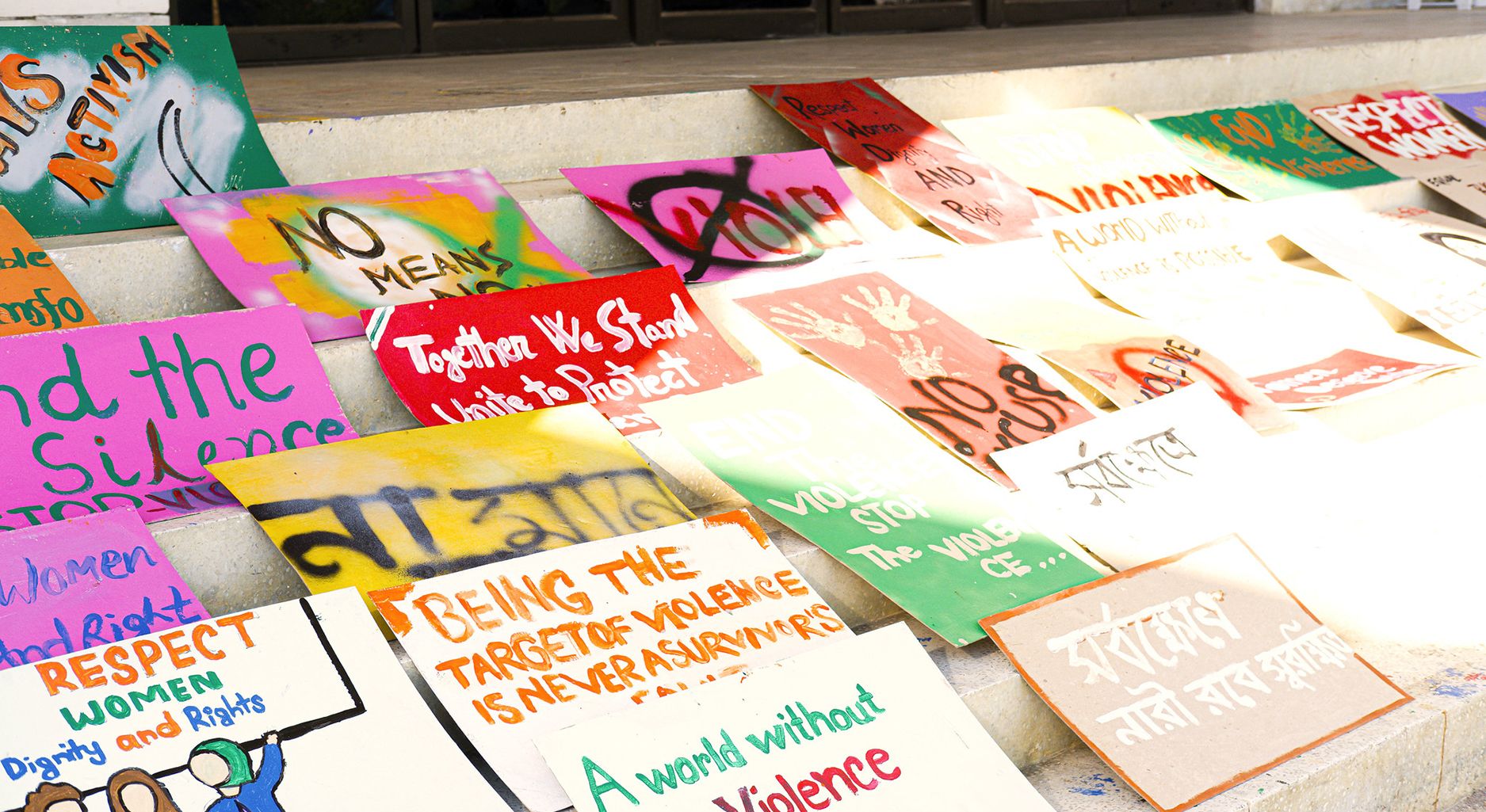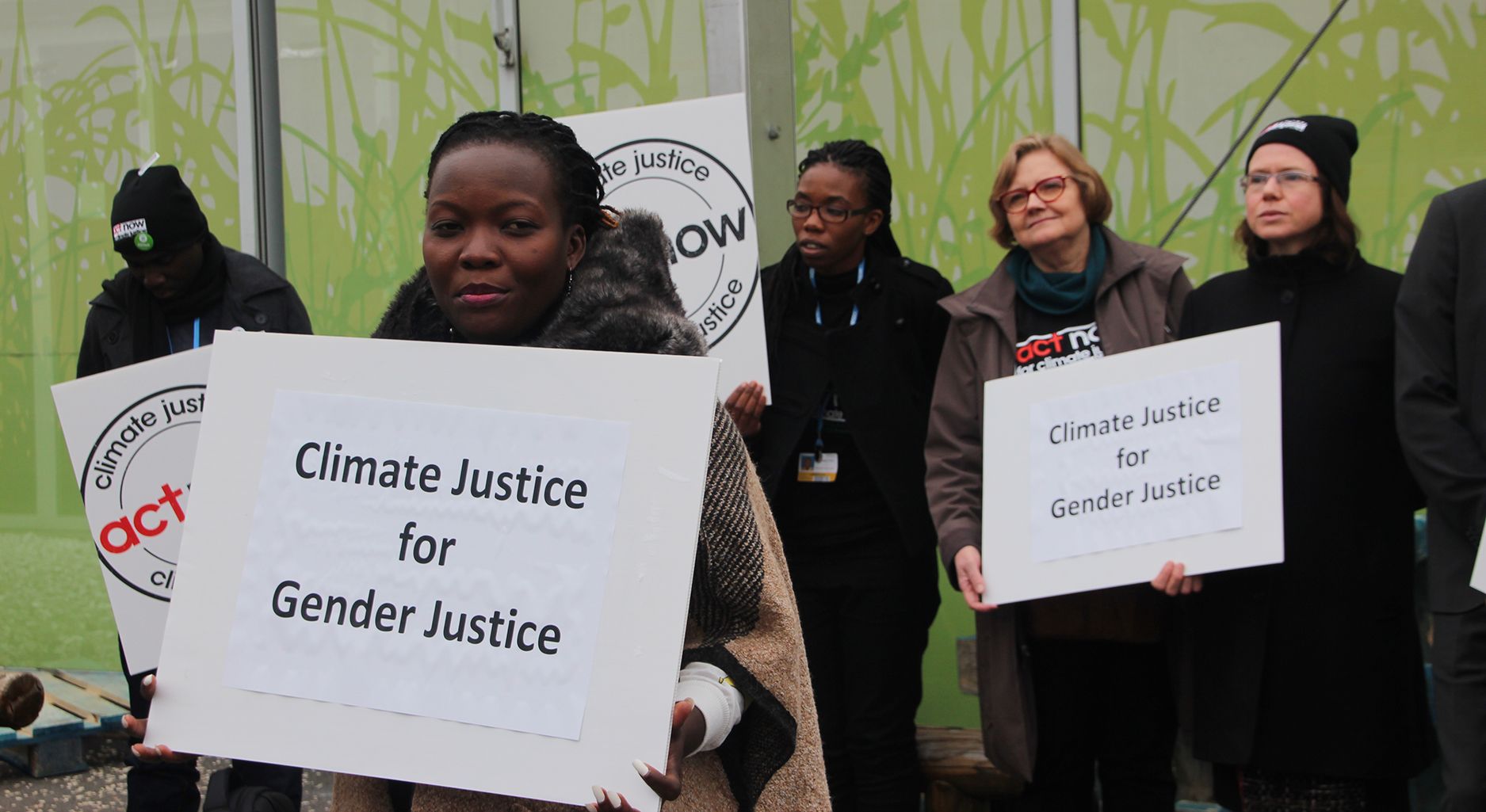Author: Simone Wisotzki
PD Dr. Simone Wisotzki ist Projektleiterin im Programmbereich Internationale Sicherheit am PRIF. Sie forscht zu humanitärer Rüstungskontrolle (Landminen, Clustermunition, Klein- und Leichtwaffen), Rüstungsexporten und Geschlechterperspektiven in der Friedens- und Konfliktforschung. // PD Dr. Simone Wisotzki is project manager at PRIF’s Research Department International Security. She conducts research on humanitarian arms control (landmines, cluster munitions, small arms and light weapons), arms exports, and gender perspectives in peace and conflict research.
On December 4th the White House published its 2025 National Security Strategy (NSS). The document...
Resisting the Pushback: Worldwide Activism Against Femicide
The number of femicides is rising globally. Yet, perpetrators often face reduced sentences,...
25 Years of UNSCR 1325 on Women, Peace and Security (WPS): Birthday Party or Funeral?
What significance does the UNSCR 1325 or Women, Peace, Security (WPS) Agenda have in view of the...
25 Years of Women, Peace and Security: Between Promises, Backlash, and Feminist Reimagining
2025 marks 25 years since the adoption of UN Security Council Resolution 1325 on Women, Peace and...
Europe’s Defence Dilemma: Rising Militarization Amidst Industrial Fragmentation and Weak Export Controls
The issue of arming Germany and the EU countries is currently dominating the headlines. The...
Der Kampf um Körper und Identität: Rückschritte sind zu befürchten
Das Recht auf Selbstbestimmung und Souveränität über den eigenen Körper und die eigene Identität...
The French Paradox: Risks to European Defence Harmonisation and Arms Export Control
In his speech on Europe on 25 April 2024, President E. Macron reiterated France's commitment to...
Shattered Lives: The Global Crisis of Sexual Violence in Conflict
June 19th is the international day for the elimination of sexual violence in conflict. It is a...
The 2024 Bonn Climate Change Conference: An opportunity to push gender responsive action
In preparation of the UN Climate Change Conference, held in Baku, Azerbaijan, in November of...
Zum Internationalen Frauentag: Die Situation von Frauen in Afghanistan
Seit der Machtübernahme der Taliban am 15. August 2021 hat sich die Situation von Frauen und...
